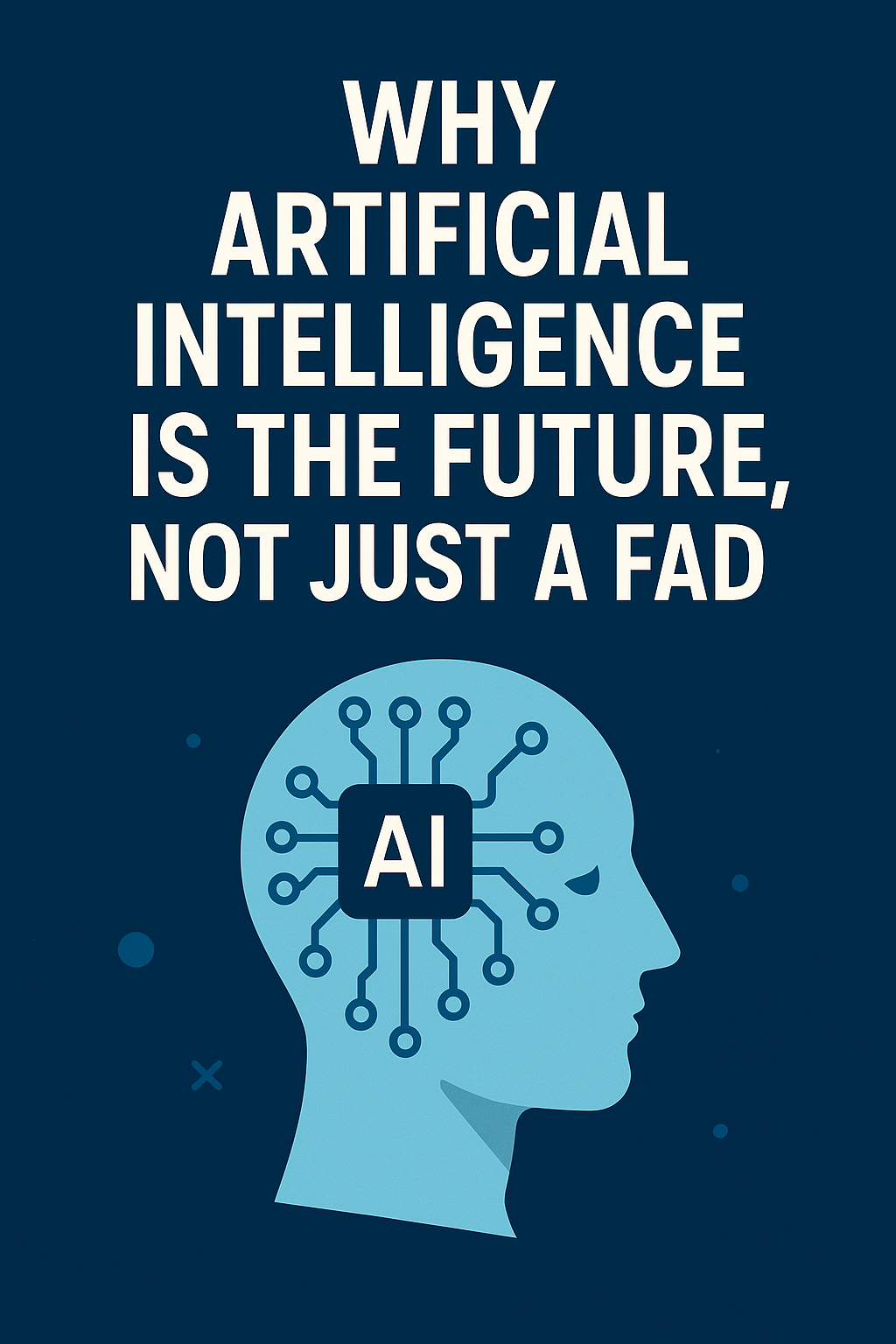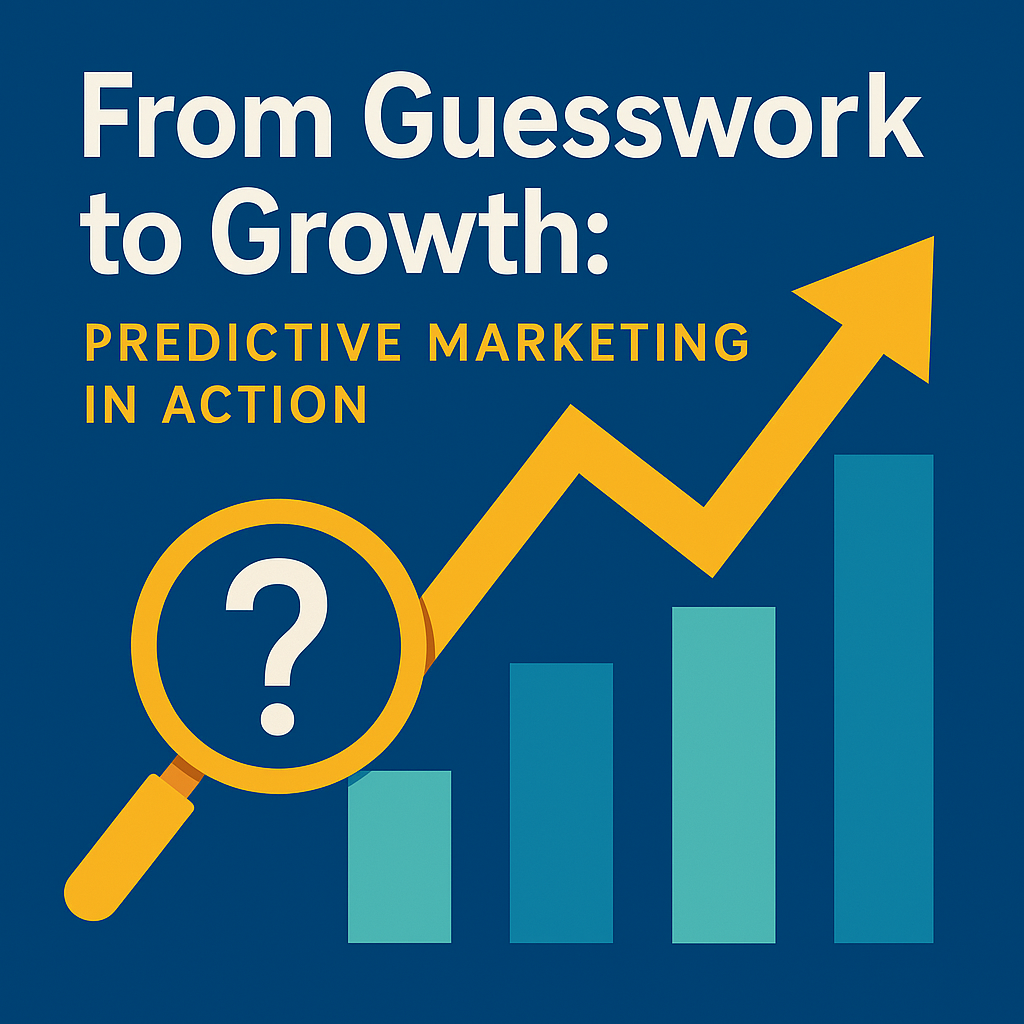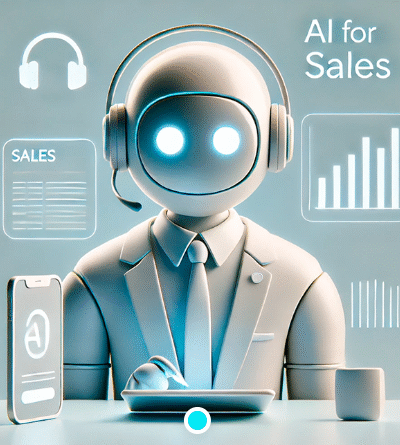In an age of tech buzzwords and fleeting trends, one three-letter acronym continues to dominate headlines, boardrooms, and daily life: AI. But unlike NFTs or Clubhouse, Artificial Intelligence isn’t just riding a hype wave—it’s reshaping the foundations of how we live, work, and think.
Here’s the bottom line: AI isn’t a trend. It’s a transformation.
1. It’s Already Embedded in Everyday Life
You don’t need to be a developer to interact with AI. If you’ve ever:
- Asked Siri or Alexa a question
- Gotten a movie recommendation from Netflix
- Had your photos sorted by face on Google Photos
- Used Grammarly to polish an email
…you’ve already used AI.
AI isn’t just futuristic robots or sci-fi fantasies—it’s seamlessly woven into apps, platforms, and tools that billions of people use daily.
2. Businesses Are Betting Big on Artificial Intelligence
From startups to Fortune 500 companies, AI is no longer experimental—it’s essential. Companies are investing heavily in:
- Predictive analytics for smarter decision-making
- Customer service automation with AI-powered chatbots
- Personalization engines for marketing and e-commerce
- Process automation to cut costs and increase efficiency
According to PwC, AI could contribute up to $15.7 trillion to the global economy by 2030. That’s not a trend. That’s tectonic.
3. Artificial Intelligence Evolves—Faster Than Any Technology Before It
Moore’s Law described exponential growth in computing power. With AI, it’s more like Moore’s Law on steroids. Thanks to:
- Advances in deep learning
- Larger and more diverse data sets
- Explosive growth in cloud computing and edge artificial Intelligence
- Open-source libraries like TensorFlow and PyTorch
…AI systems are improving at a blistering pace. The jump from GPT-2 to GPT-4 wasn’t just an upgrade—it was a leap in comprehension, creativity, and reasoning. And we’re just getting started.
4. It’s Changing Every Industry—Not Just Tech
AI isn’t confined to Silicon Valley. It’s driving innovation across sectors:
- Healthcare: Early disease detection, personalized treatment, AI-powered diagnostics
- Finance: Fraud detection, robo-advisors, algorithmic trading
- Agriculture: Crop monitoring, yield forecasting, autonomous farming
- Education: Personalized learning, grading automation, adaptive tutoring
- Entertainment: Scriptwriting, music generation, virtual actors
Wherever there’s data, AI can analyze, predict, and optimize. And there’s data everywhere.
5. Artificial Intelligence Enhances Human Capabilities, Not Just Replaces Them
The fear that AI will “take all the jobs” overlooks a key truth: AI is best when it augments human intelligence, not replaces it.
Think of:
- AI helping doctors diagnose faster
- AI assisting lawyers in contract review
- AI giving marketers sharper customer insights
The future isn’t human vs. AI. It’s human + AI.
6. Governments and Institutions Are Treating It Seriously
From the U.S. to the EU to China, governments are creating regulatory frameworks, investing in AI research, and debating ethical AI use. Organizations like:
…are leading global discussions on bias, transparency, and responsible AI development. Fads don’t get global regulatory frameworks—paradigm shifts do.
Final Thought: Artificial Intelligence is the new electricity
The inventor Thomas Edison didn’t just invent the lightbulb—he ignited a revolution powered by electricity. AI is having a similar moment.
You can ignore a fad. You can’t ignore a force that powers your phone, shapes your career, diagnoses your illness, and might one day co-write your novel.
AI is not just the future. It is the present—and it’s not going anywhere.
Want to harness AI for your business or life? Start learning the tools, understand the ethics, and explore how AI can empower—not replace—what makes us human.




